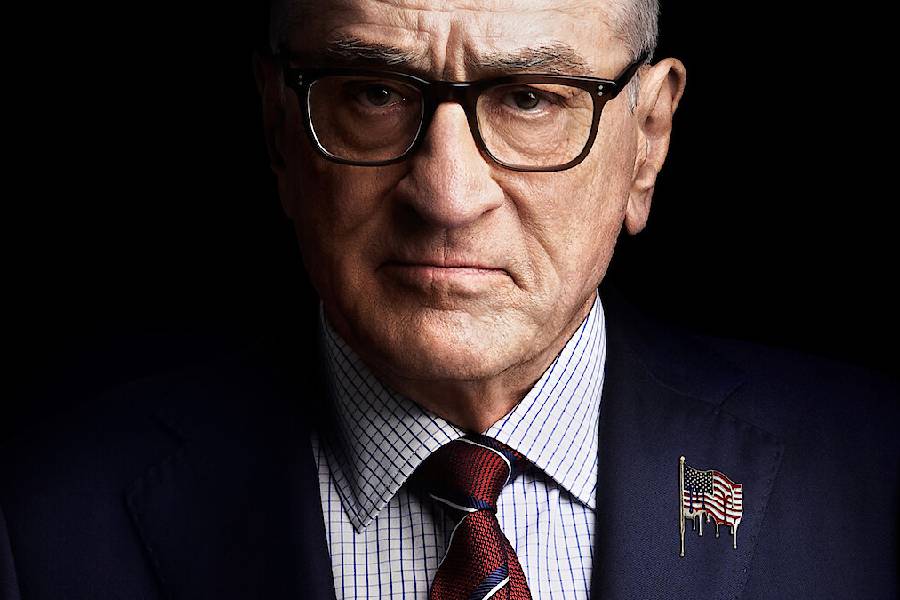With Robert De Niro as its main man, Netflix’s newest thriller series Zero Day promises more than it delivers.
The six-episode series, directed by Lesli Linka Glatter, is set in a contemporary America on the verge of collapse. The story revolves around a former US president, George Mullen (Robert De Niro), who is pulled back into the spotlight when a cyberattack sparks mass casualties and widespread panic across America and the current president, Evelyn Mitchell (Angela Bassett), recruits him to lead the Zero Day Commission that is tasked with nailing the culprits. Mullen has his longtime aides Roger Carlson (Jesse Plemons) and Valerie Whitesell (Connie Britton) to help him in the mission.
Mullen’s task is complicated by an even greater personal battle — his own fading memory. To add to his woes, his estranged daughter Alexandra Mullen (Lizzy Caplan), a Congresswoman from New York's 10th District, is appointed the head of Zero Day Commission Oversight Committee by Richard Dreyer (Matthew Modine), the Speaker of US Congress, which seeks to curtail Mullen’s powers.
Netflix has delivered taut political dramas over the years, from the Machiavellian intrigue of House of Cards to the pacy The Diplomat. Zero Day, the newest addition to the club, stutters to find its feet despite it being the web series debut of a Hollywood heavyweight such as Robert De Niro. The complexities of governance the show portrays feel oversimplified as are the and shenanigans in the corridors of political power.
Many of the characters, though well-acted, do not have the depth necessary to make their conflicts feel threatening beyond the requirements of the plot. The rabble-rousing internet influencer Evan Green (Dan Stevens) and billionaire entrepreneur Monica Kidder (Gaby Hoffmann) serve primarily as vehicles for exposition, delivering dialogues that feel stitched together from political jargon.
De Niro’s performance is the backbone of the show. As George Mullen, he exudes a mix of gravitas and vulnerability, portraying a man caught between the glory of his past and the urgency of the present. His struggle with cognitive decline adds an extra layer of suspense, leaving us doubting whether he is at all the best man for the job.
Angela Bassett, as President Mitchell, plays a leader desperate to maintain control amid national turmoil. Jesse Plemons makes Roger Carlson, Mullen’s longtime aide, equal parts charismatic and unnerving, keeping viewers guessing about his true motives.
Where Zero Day scores a point is by avoiding the simplistic ‘foreign villain’ trope that is common in American films and shows of this genre. The focus is more on the internal power struggles and institutional failures within the country, by presenting a bunch of flawed individuals who struggle under the weight of their responsibilities.
One of Zero Day’s strengths is its depiction of digital misinformation and its consequences. Wrong information spreading like wildfire on social media hits close to home, mirroring real-world crises where public opinion is shaped by algorithms rather than facts. The show raises some questions on governance and accountability, and the fine line between security and authoritarianism.











